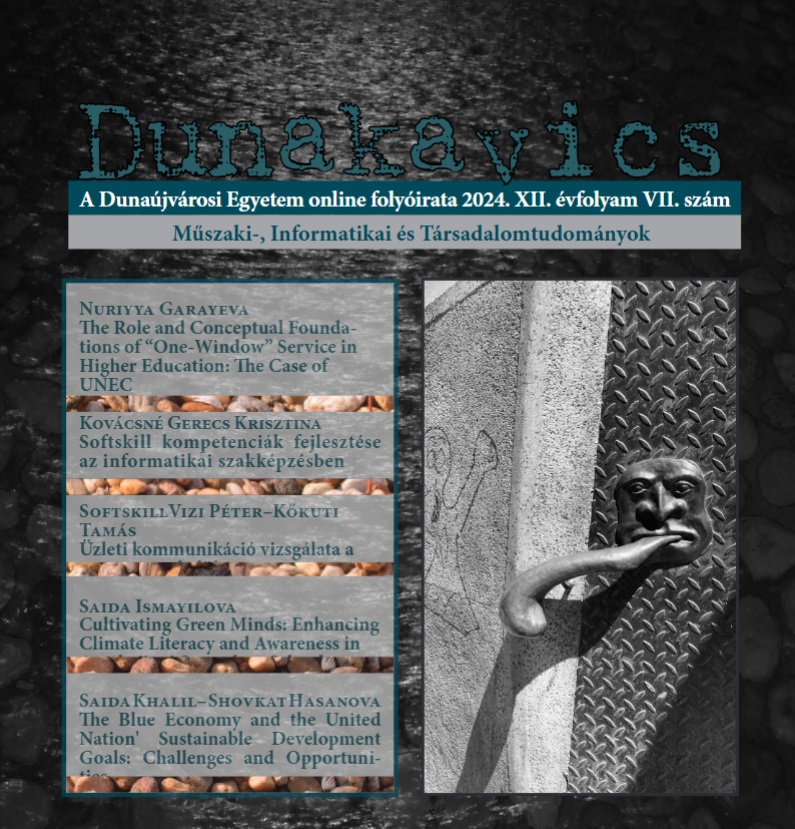The Role and Conceptual Foundations of “One-Window” Service in Higher Education: The Case of UNEC
Absztrakt
The digital transformations shaped by the Fourth Industrial Revolution necessitate corresponding approaches in the higher education sector. Student-centered and digital universities, which are distinguished by their high competitiveness and implementation of innovations tailored to their target audience in the education services market, are evolving. In the digital university model, the organization of distance education and the provision of electronic services to students are achieved using various elements of the e-government system. Consequently, digital solutions applied at different levels and fields of state administration, including higher education institutions, contribute to enhancing public safety, increasing transparency in governance, and improving efficiency. In this context, the Azerbaijan State University of Economics (UNEC), which has transitioned to the digital university model, has gained positive experience by digitalizing its teaching processes and offering electronic services for document circulation and student inquiries. Since 2019, UNEC has implemented the One-Stop service, which has facilitated access to a range of services for students, reduced time wastage, and increased student satisfaction. This paper examines the conceptual foundations and key features of digitalization processes and electronic document circulation in modern higher education institutions through literature review, content analysis, and comparative analysis methods, and provides suggestions for improving One-Stop services at UNEC.




